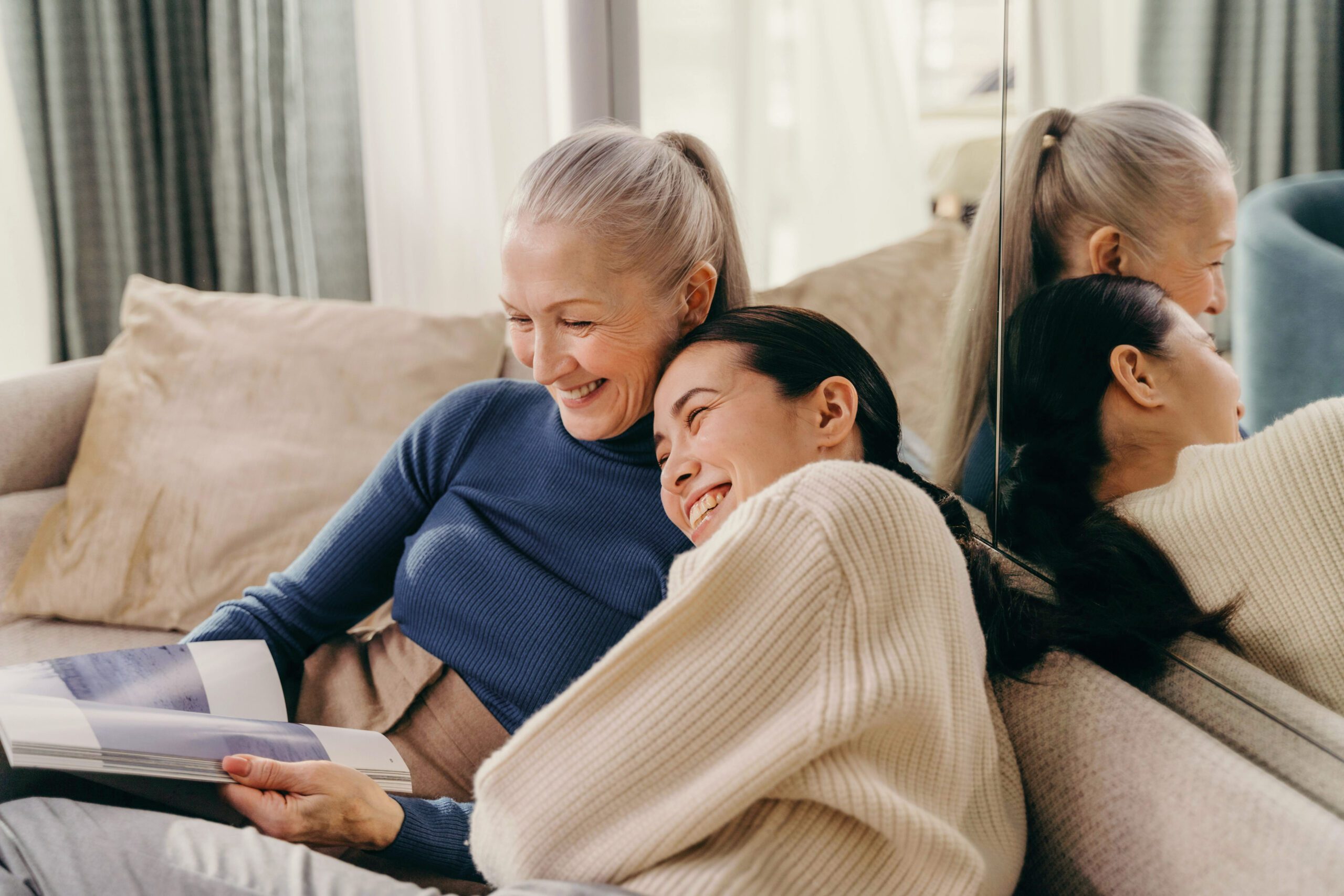If you’ve ever helped a parent get to appointments, checked in on a neighbor daily, or managed medications for a spouse — you’re a caregiver.
Whether you call yourself that or not, the work you’re doing is real. And it matters.
But what happens when the support you give others comes at the expense of your own well-being?
A Canadian research review, published in Healthcare Quarterly, pulls together years of findings on caregivers — the family members and friends who provide unpaid care to older adults. It paints a clear picture: caregiving is emotionally rich and deeply meaningful, but too often it comes with emotional exhaustion, health impacts, and systemic barriers.
The Emotional Load Is Real and Often Invisible
Across the studies reviewed, caregivers consistently reported feeling isolated, overwhelmed, and unrecognized. Many didn’t receive enough information from medical professionals, and they often felt like they were operating in the dark.
As one caregiver shared:
“I was treated like I was just visiting. But I’m the one keeping her alive at home.”
There’s a strong emotional toll that comes with this responsibility, especially when care stretches across years. The emotional burden often includes grief, fear, resentment, and guilt — emotions that are rarely acknowledged in public or within health systems.
Caregivers Put Themselves Last and It Shows
Caregivers in the review spoke about putting their own needs aside. Many skipped medical appointments, lost sleep, or abandoned hobbies and work opportunities. Some gave up full-time jobs. Others managed care responsibilities while balancing children or their own aging.
Over time, this self-sacrifice adds up. The studies documented increased risk of depression, anxiety, and physical health decline among caregivers.
When you’re always on, with no time to rest or recharge, burnout isn’t a matter of if. It’s when.
Support Systems Are Inconsistent and Hard to Navigate
One of the most frustrating themes in the review was how unequal and confusing access to support services can be. Depending on where caregivers lived, the help available ranged from plentiful to almost nonexistent.
Even when services were available, caregivers often found them difficult to access, poorly coordinated, or not designed for their reality.
One caregiver put it bluntly:
“I didn’t know what I needed until it was too late.”
This points to a key failing in the system: when caregivers have to fight for every bit of support, the system isn’t working for them.
The Work Is Meaningful, But It’s Still Work
What’s especially powerful in this review is that, despite all the stress and exhaustion, many caregivers found deep meaning in what they were doing. Supporting a loved one brought a sense of purpose, pride, and love.
But meaning doesn’t cancel out burnout. Love doesn’t eliminate the need for help.
That’s the duality of caregiving: it’s both a gift and a burden. And systems, from healthcare to community to technology, need to reflect that truth.
Why This Matters to Us at LiLo Health
At LiLo Health, we see you.
We understand that caregiving doesn’t start in hospitals or clinics — it starts at home, around kitchen tables, in hallway conversations, and in small moments of checking in.
That’s why we’re building a preventative care model centered around you, the caregiver.
We offer smart, non-intrusive health monitoring tools designed to keep you connected without hovering. Our systems notify you about health changes, routines, and risks — so you can act early, not out of panic.
Everything we build is meant to support your confidence, independence, and peace of mind, not replace it.
You’ve been carrying the weight of care.
It’s time someone cared for you back.
Canadian Caregiver Support Resources
If you’re feeling overwhelmed or uncertain where to turn, here are some trusted Canadian resources made specifically for caregivers:
- Family Caregivers of British Columbia (FCBC)
Coaching, support groups, and caregiver wellness resources. - HealthLink BC
Information and referral to caregiver-specific services in your province. - Canadian Mental Health Association (CMHA)
Guidance for managing stress, anxiety, and depression, plus access to local support.
You don’t need to do this alone — and you shouldn’t have to.
Want to See How LiLo Can Support You Today?
Take our short Getting Started Survey. It helps us understand your situation and suggest options tailored to your needs. You’re not committing to anything. You’re just helping us learn how to support you better.
Let’s make caregiving sustainable.
Let’s build the future of preventative care — together.
View the Research:
Peckham A, Williams A, Neysmith S, et al.
The Experiences and Challenges of Informal Caregivers Supporting Older Adults.
Healthcare Q. 2009;12(2):27-36. Available via PubMed Central:
https://pubmed.ncbi.nlm.nih.gov/19543580/





